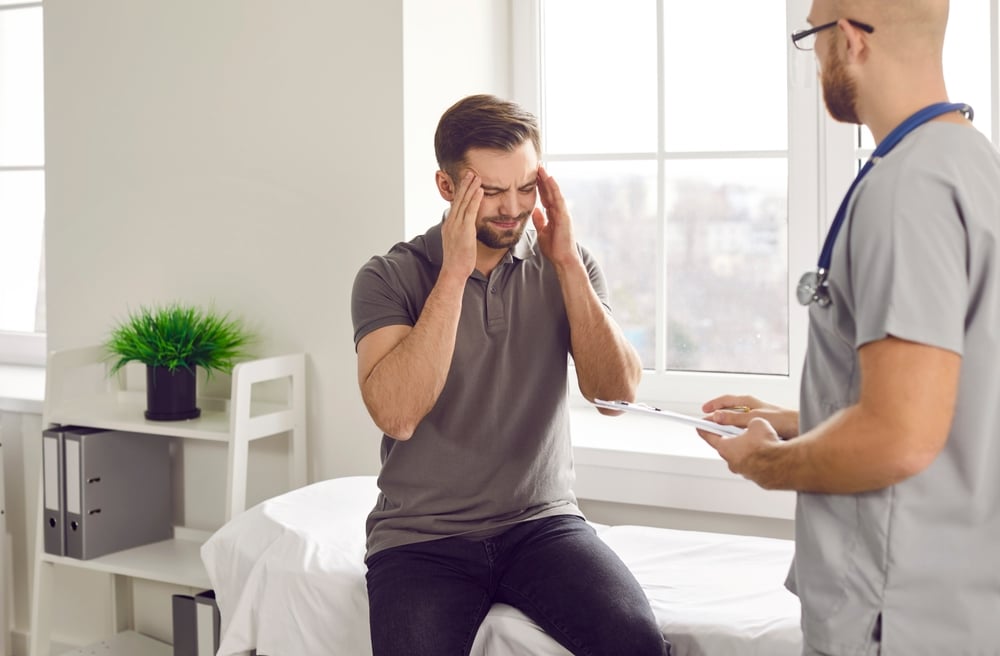Top 5 Resources To Support Brain Injury Survivors
Enduring a brain injury can deeply impact both the individual and their loved ones. The journey to regain normalcy can be daunting. However, a variety of supportive resources are available to ease this transition, offering not only medical guidance but also emotional support, rehabilitative therapy, and help in adjusting to everyday life post-injury.
This article highlights five invaluable resources for brain injury survivors and their support networks.
1. Professional Medical and Rehabilitative Care
Access to specialized medical care and rehabilitative services is one of the most crucial supports for brain injury survivors. Such services deliver patient-specific care, encompassing therapies such as physical, occupational, speech, and cognitive rehabilitation. An interdisciplinary team collaborates on a personalized recovery program at these rehabilitation centers.
Beyond physical restoration, the focus is also on cognitive recovery, helping patients to relearn and improve memory, concentration, and problem-solving abilities. These services are usually available in both residential and community-based settings, allowing for consistent support throughout one’s rehabilitation journey.
2. Peer Support Groups and Community Networks
Support for the psychological and emotional aspects of living with a brain injury is equally essential. Peer support groups offer a comforting environment where brain injury sufferers and their relatives can exchange stories, advice, and encouragement. These groups are commonly found in healthcare centers, local community hubs, or online spaces.
Advantages of support groups include:
- Companionship with fellow survivors who empathize with your journey
- Advice and tips for coping mechanisms
- A sense of shared identity and solidarity
- Forming new, meaningful friendships and social networks
- Engagement in educational workshops and seminars
Moreover, online communities and forums provide round-the-clock access to camaraderie and guidance from those on similar paths.
3. Economic Aid and Legal Consultation
Brain injuries can incur substantial financial strains, from healthcare bills to house modifications and long-term care necessities. There are numerous agencies that offer fiscal assistance and legal consultation to lessen these burdens.
In the UK, brain injury survivors might qualify for welfare support such as the Personal Independence Payment (PIP), Employment and Support Allowance (ESA), or Universal Credit. Charitable entities may also provide funds for specific needs, including adaptive equipment or travel for medical appointments.
Legal guidance is obtainable for matters related to compensation, employment rights, and entitlements to social care. Specialized lawyers can advise and advocate for survivors, ensuring they gain the rightful support and reparation.
4. Academic and Occupational Aid
Reintegrating into work or education following a brain injury can be intimidating. Nevertheless, a variety of academic and occupational support services can facilitate this transition. These services extend assistance through accommodations in the workplace or educational setting, vocational counseling, and employment placement assistance.
Support may also involve provisions for adaptive learning plans, tutoring, or assistive technologies to aid with studies. Training initiatives specially curated for brain injury survivors can be instrumental in skill development or vocational retraining, bolstering self-confidence and autonomy.
5. Charitable Foundations and Institutions for Brain Injury
A number of UK-based charities and institutions are devoted to assisting brain injury survivors and their families. These organizations furnish an array of services including helplines, counselling, advocacy, and informational resources. Examples include Headway and Brainkind.
These entities often conduct campaigns to increase brain injury awareness, endorse research for better treatment options, and supply educational content to enhance understanding of the condition. They equally guide individuals through the maze of healthcare services and connect them with other valuable resources.
Hope After Brain Injury
Though the path following a brain injury may be filled with challenges, the right resources can empower individuals to reclaim control of their lives and find new balance. Comprehensive medical care, along with emotional, financial, and educational supports, acts as a beacon to those affected, assisting them in reconstructing their lives and flourishing. Though the road to recovery can be lengthy, with ample support, a productive and fulfilling life post brain injury is achievable.
















